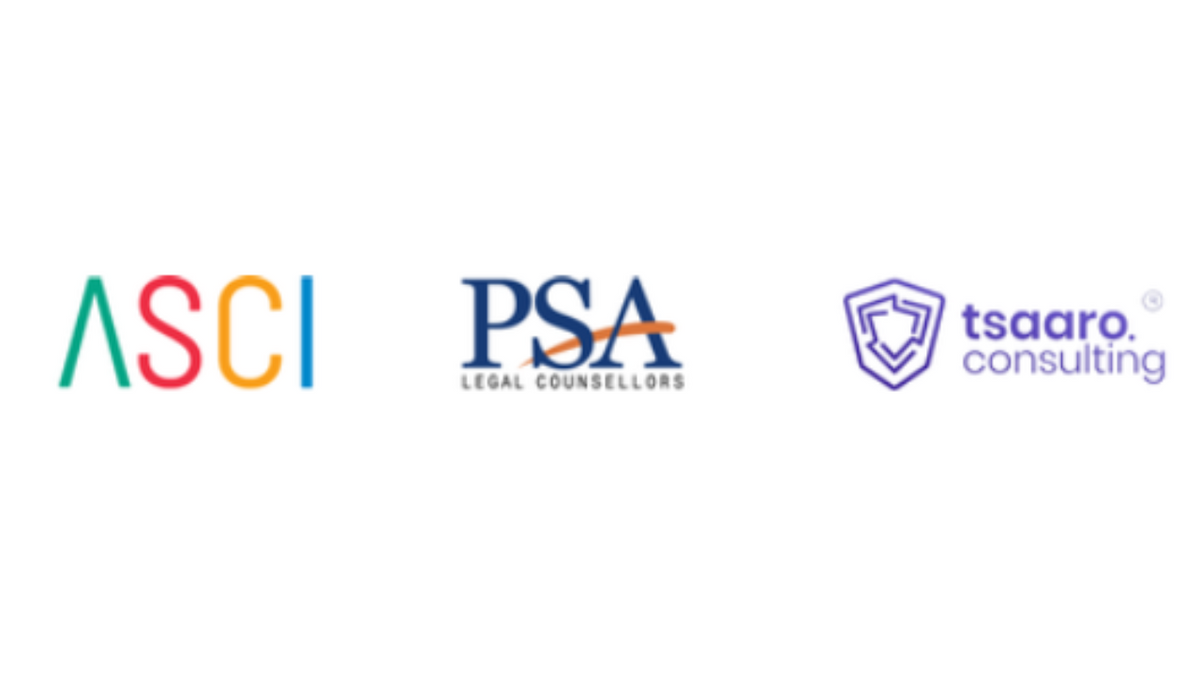To commemorate Knowledge Privateness Day, the Promoting Requirements Council of India (ASCI) Academy, in collaboration with PSA Authorized and Tsaaro Consulting, has launched a complete white paper titled, “Navigating Cookies: Recalibrating your cookie technique in gentle of the DPDPA”. This paper builds on ASCI’s ongoing efforts to deal with information privateness issues, following the Privateness and Progress: Pillars of Digital Bharat paper revealed in March 2023, which centered on making ready organisations for Digital Private Knowledge Safety Act (DPDPA) compliance.
Cookies are an necessary characteristic of most web interfaces and may also help create worth for each advertisers and shoppers. Advertisers use cookies to collect information on person behaviour, preferences, and shopping historical past to ship focused advertisements that drive larger engagement and higher ROI. For shoppers, cookies can streamline shopping by personalising content material, remembering preferences, and simplifying web site interactions.
Nonetheless, the usage of cookies raises issues about privateness, information safety, and person autonomy when customers stay unclear about how their information is collected, shared, or monetised.
A dipstick achieved for the aim of this paper analysed the cookie consent practices of the highest 50 web sites in India, accounting for 30 billion visits in December 2024 alone. The outcomes present that solely 6% of them are prepared for particular consent as outlined by the DPDPA 2023, learn with the draft DPDP guidelines revealed on January 3, 2025. Whereas the DPDPA is probably going to supply a runway for compliance, the outcomes point out a necessity for organisations to take up cookie consent greatest practices as part of their compliance readiness efforts.
The paper explores instances and examples in different jurisdictions and sheds gentle on how the problem of cookie consent has been addressed in numerous nations. The paper gives actionable insights on crafting an efficient cookie coverage to assist stakeholders navigate the complexities of consent, transparency, and person management in an more and more privacy-conscious world.
Manisha Kapoor, CEO and secretary-general, ASCI, mentioned, “On this Knowledge Privateness Day, we’re happy to current this collaborative white paper with PSA Authorized and Tsaaro Consulting. The paper goals to assist advertisers perceive and put together for cookie consent practices which might be each compliant with the brand new DPDPA in addition to construct client belief and transparency. The paper gives sensible data and insights to create efficient cookie practices in a privacy-conscious world.”
Dhruv Suri, accomplice, PSA Authorized, mentioned, “With the ultimate DPDPA Guidelines on the horizon, advertisers are at a crossroads the place privateness, know-how, and the regulation converge. As soon as the regulation is best understood, the know-how, i.e., cookies, will now not be mere advertising instruments however will function a method to strengthen buyer loyalty. World precedents can function the proper roadmap to tailor methods and navigate cookie consent administration in a rustic that’s simply starting its information privateness journey.
Akarsh Singh, CEO, Tsaaro Consulting, mentioned, “Cookie consent is now not a checkbox train; it’s a strategic aspect of contemporary promoting. Step one to making a privacy-centric ecosystem that values the client’s information rights when deploying cookies is to acknowledge {that a} hole exists between current advertising ways and the privateness legal guidelines after which to actively work in direction of bridging the hole between practicality and compliance.”
Key Highlights of the White Paper Embrace:
-
Compliance Readiness Gaps in India: Tsarro Consulting performed a dipstick evaluation of India’s high web sites, revealing that solely 6% implement cookie consent banners, indicating a spot when it comes to readiness.
-
Granular Consent Mandates: The DPDPA requires express, knowledgeable, and revocable consent for cookie utilization, calling for a rethinking of conventional consent fashions.
-
Classes from World Requirements: The paper attracts insights from GDPR and different jurisdictions that convey out the necessity for transparency and person management.
-
Trade Impression: The paper examines present practices and use instances in varied industries like e-commerce, tech and software program, social media platforms, advertising and promoting, and healthcare.
-
Alternatives for Advertisers: By prioritising user-centric practices, advertisers can flip compliance right into a aggressive benefit, constructing client belief in a privacy-conscious market.
Written with the View : afaqs
